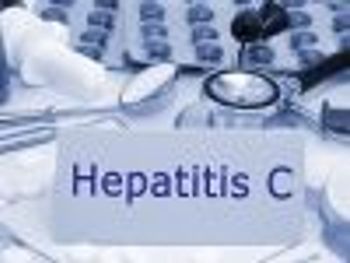
The risk of non-Hodgkin's lymphoma is elevated in patients with hepatitis C virus.
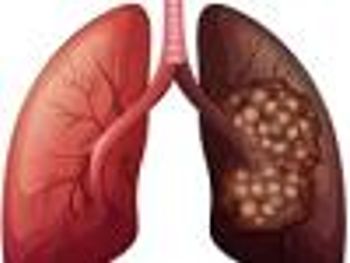
Immunotherapy combination beneficial for patients with lung cancer with a high tumor mutation burden.

Chronic HCV infection has been linked to low serum zinc and low metallothioneins expression in liver cells.
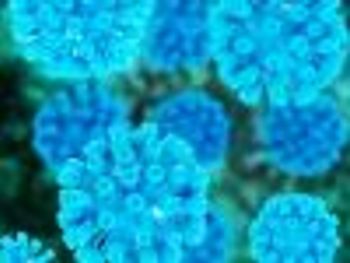
Ion channel inhibitors show promise reducing the high cost of conventional hepatitis C virus antiviral therapies.

The combination of nivolumab (Opdivo) and ipilimumab (Yervoy) improved progression-free survival (PFS) compared with chemotherapy in treatment-naïve patients with high tumor mutation burden (TMB) non–small cell lung cancer (NSCLC).


Newly-discovered gene mutations could double the risk of breast cancer.
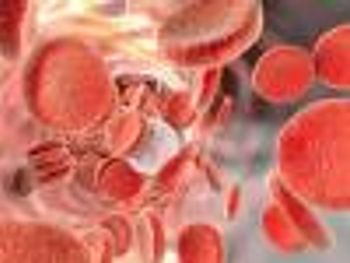
A single blood test could diagnose 8 different types of cancer simultaneously.

Real-world evidence is becoming increasingly important for the development of treatment strategies in oncology.
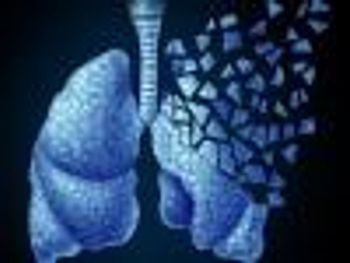
Patients with a high risk of mortality may not choose first-line lung cancer treatment.

Identifying current deficiencies in clinical practice can help pinpoint care practices that can be implemented for cancer survivors.

For many women, the fear of breast cancer is always present.
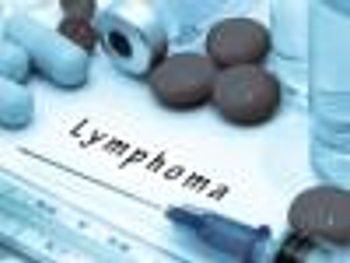
T-cells modified to express dominant-negative TGF-β receptor type 2 overcame cancer cell defenses.
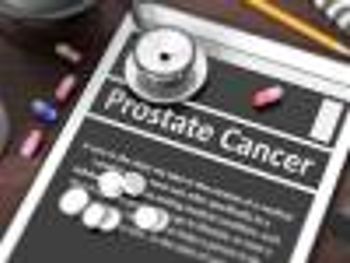
An obesity drug may reduce the risk of metastatic prostate cancer.

Diabetes is the seventh-leading cause of death in the United States.

Gene expression may lead to castration-resistant prostate cancer.

Cancer registrars systematically capture all types of data about cancer and tumor diseases.
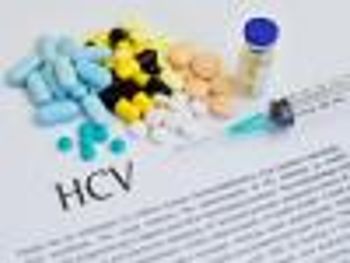
Patients with both hepatitis C and type 2 diabetes can develop fibrosis, steatosis, hepatocellular carcinoma, and resistance to antiviral treatment.

Court invalidates patent for abiraterone acetate (Zytiga).

Kohei Shitara, MD, Department of Gastrointestinal Oncology of National Cancer Center Hospital East, Japan, discusses the importance of the REVERCE clinical trial for specialty pharmacists.

Prior treatment with sorafenib followed by pembrolizumab (Keytruda) shows promising progression-free survival and overall survival in patients with advanced hepatocellular carcinoma.

Cetuximab (Erbitux) with pembrolizumab (Keytruda) shows promise in patients with mCRC.
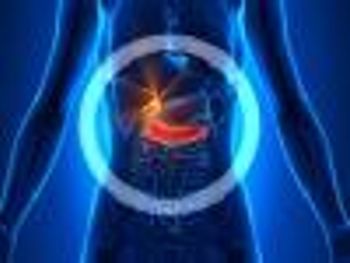
Induction therapy shows the potential to achieve disease control in patients with locally advanced pancreatic cancer.

A novel CTC assay showed up to 88% accuracy detecting precancerous and cancerous colorectal lesions.
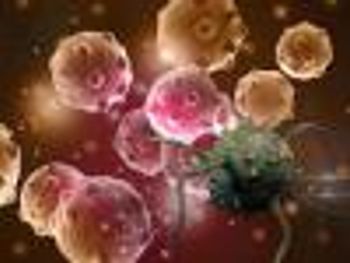
Nivolumab (Opdivo) alone and in combination with ipilimumab (Yervoy) induced responses in patients with heavily pretreated gastrointestinal stromal tumors.
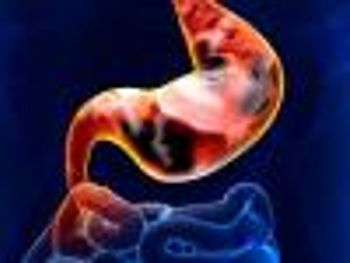
The addition of ramucirumab did not improve overall survival in patients with HER2-negative gastric cancer.

Through the ages, cancer’s reputation has been notorious.
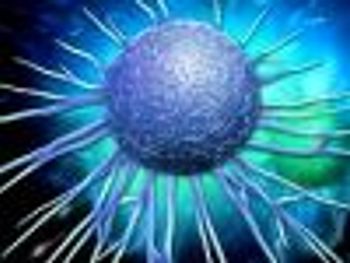
Three genes may increase the risk of breast and ovarian cancers in patients with BRCA mutations.
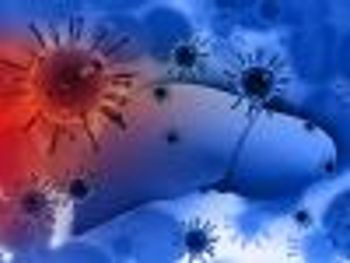
A majority of patients with hepatitis C experience disorders outside of the liver that are related to the virus.